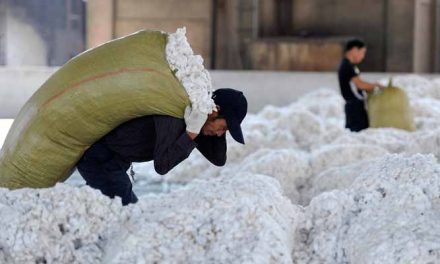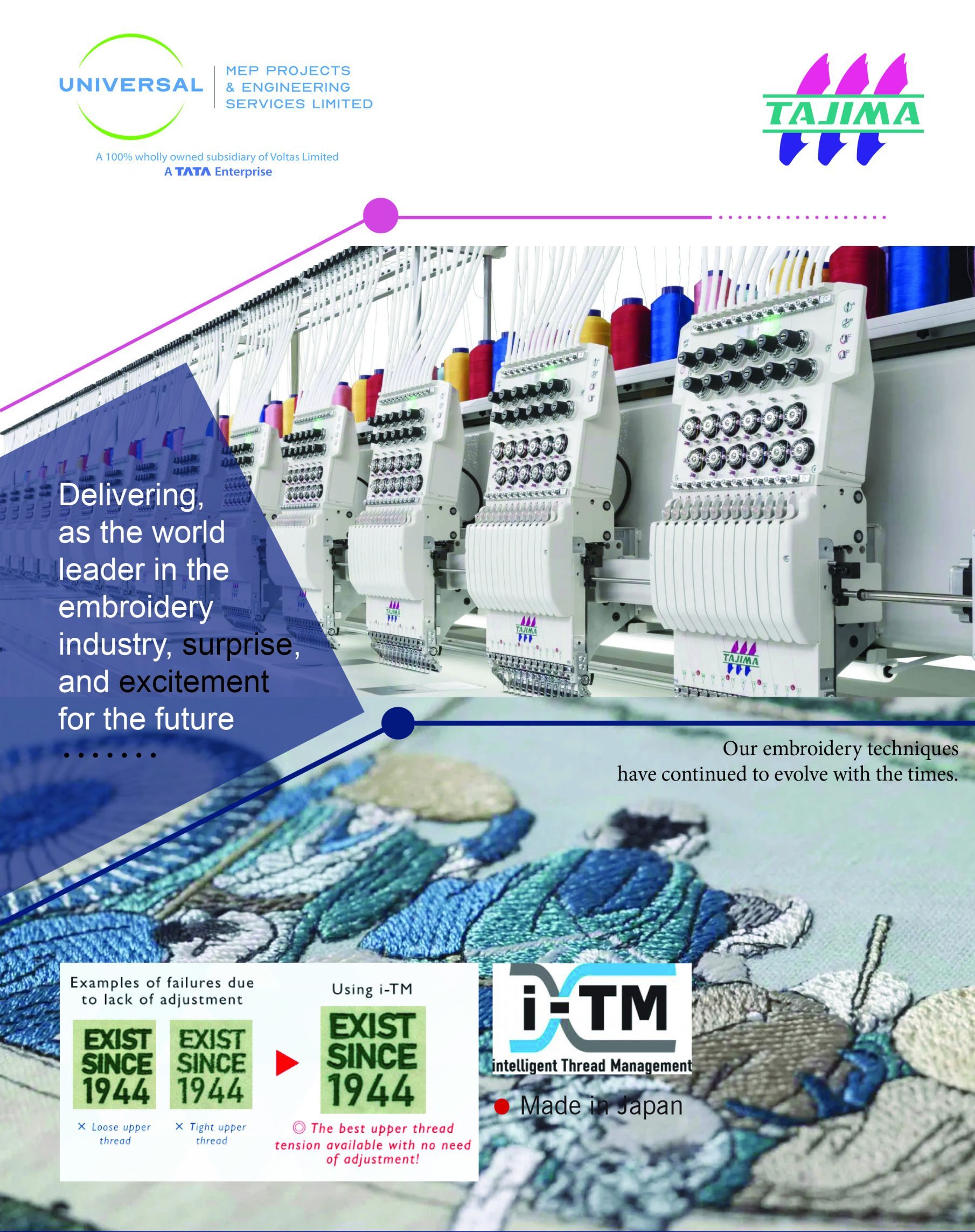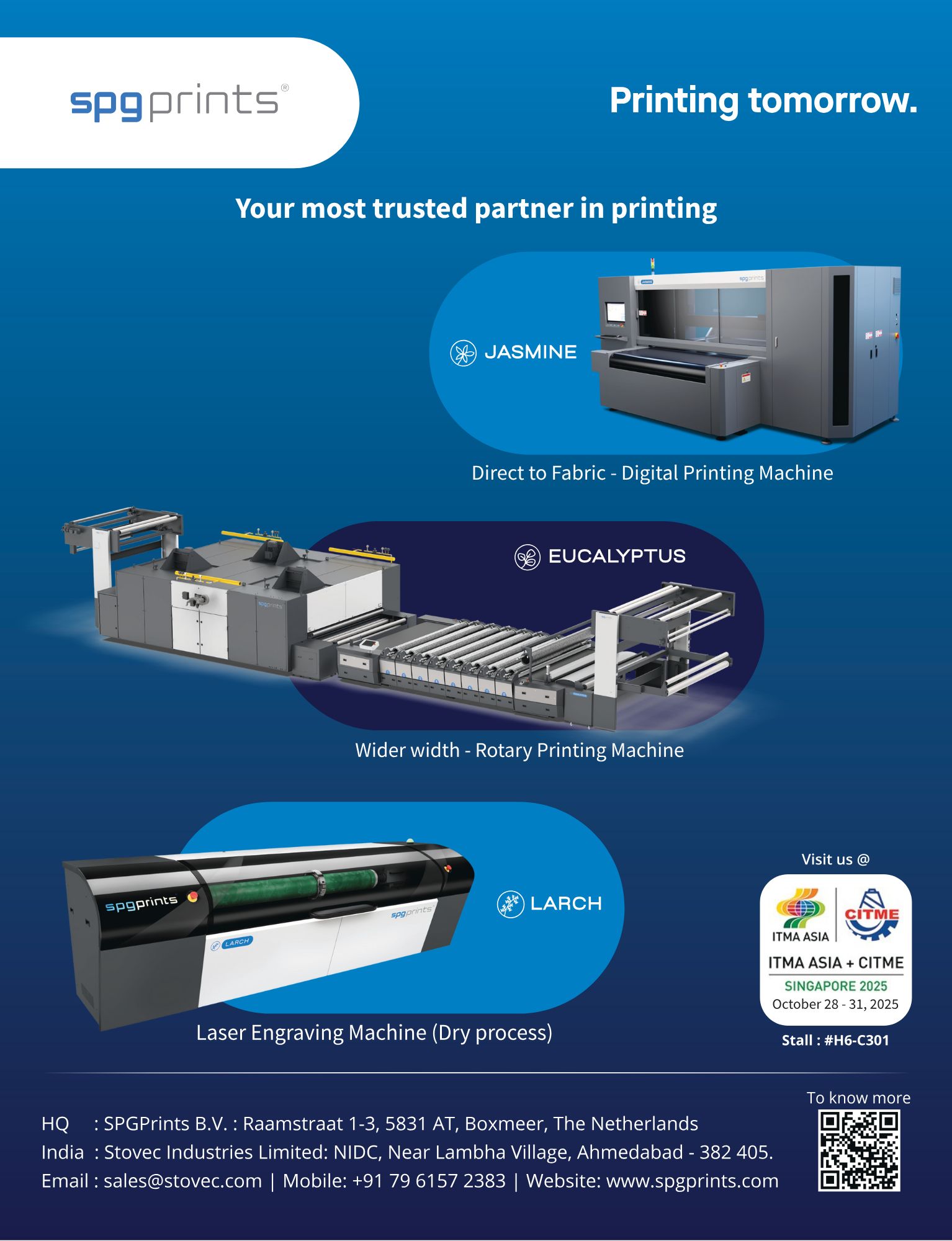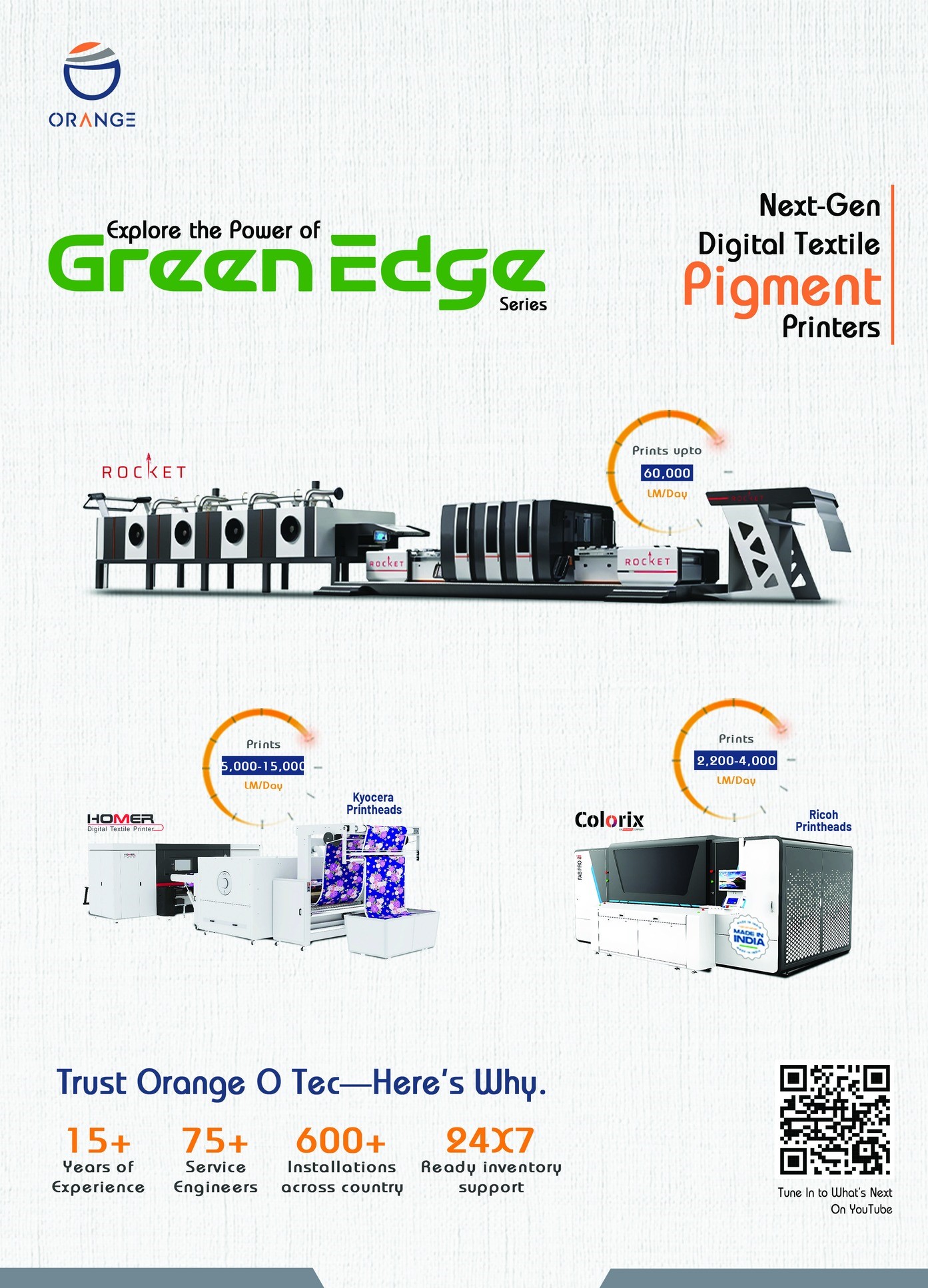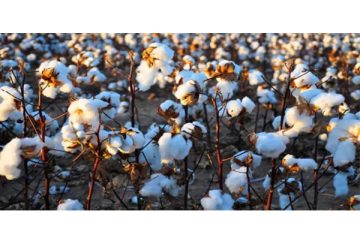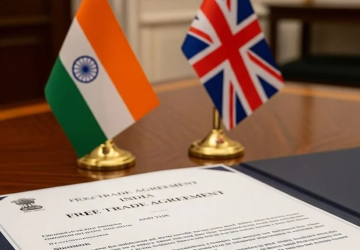 Thai Acrylic Fibre Company (TAF), of the Aditya Birla Group, has announced that Regel, its fibre made from recycling acrylic waste, has earned Bluesign approval. The certification process to receive Bluesign approval entails a rigorous assessment of the manufacturing processes used to produce a material, with Regel launched earlier this year and tipped as a ‘sustainable’ solution for the sector.
Thai Acrylic Fibre Company (TAF), of the Aditya Birla Group, has announced that Regel, its fibre made from recycling acrylic waste, has earned Bluesign approval. The certification process to receive Bluesign approval entails a rigorous assessment of the manufacturing processes used to produce a material, with Regel launched earlier this year and tipped as a ‘sustainable’ solution for the sector.
“This certification is a part of our larger sustainability strategy, and we will continue our vision towards a sustainable future,” said Thomas Varghese, Aditya Birla’s Head of textiles.
Regel fibre is composed of 50 percent recycled acrylic waste and 50 percent virgin polymer. The company has outlined its intent to increase the proportion of recycled fibre in Regel, which is a material at the forefront of the firm’s ‘sustainable’ offering.
The Thai company has placed greater onus on boosting the sustainability credentials of its fibres over recent years, and notably published the results of a lifecycle assessment of its Radianza fibre – which is manufactured using a gel-dyeing technology – to spotlight how it utilised less resources and had a lesser impact on the environment than comparative solutions.
Notably, Regel earlier this year attained Global Recycled Standard (GRS) certification due to its makeup of recycled waste, with Bluesign approval another accolade the TAF team was keen to acquire.
“We have been getting a lot of overwhelming responses since the launch of Regel. This Bluesign approved certification will further strengthen the credentials of Regel as a sustainable fibre and ensure our customers that any fabric made with Regel is produced responsibly in respect to the environment and the safety of the people,” commented Varghese. “The idea for Regel was conceptualised from our interaction with key fashion retailers who are looking to replace the conventional fibres with materials that have a better sustainability index,” he added.
“It took us almost one and a half years of extensive research and development to formulate the process and technology for recycling acrylic waste.”
Siddhartha Chakrabarti, Chief Research and Technology Officer at TAF, noted: “The unique part of Regel technology is that it ensures the homogeneous mixing of both recycled and virgin polymer, while maintaining the quality and other functional benefits of acrylic fibre like warmth, comfort and vibrant shades.
“This is a key advantage of Regel fibre over other techniques like mechanical shredding where there is a limitation on content, quality and colour selection as the behaviour and properties of Regel fibre is exactly same as fresh acrylic fibre.”




